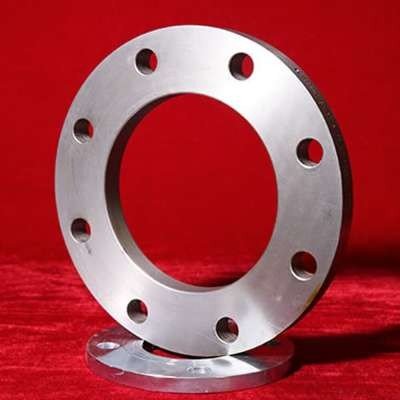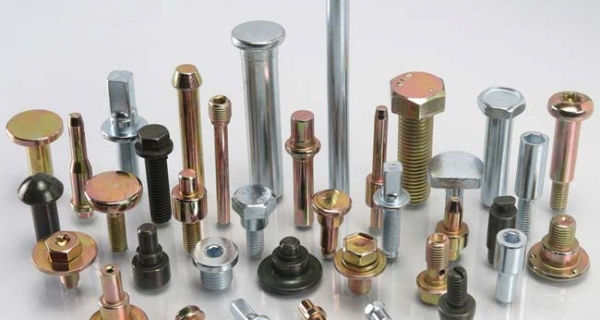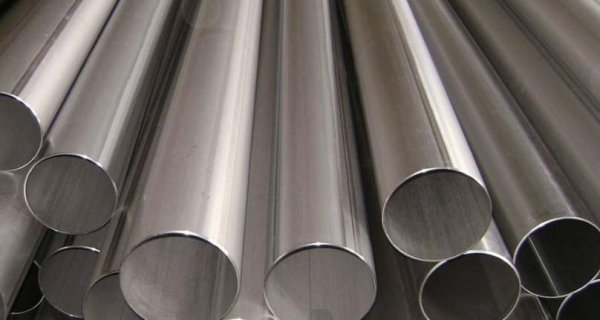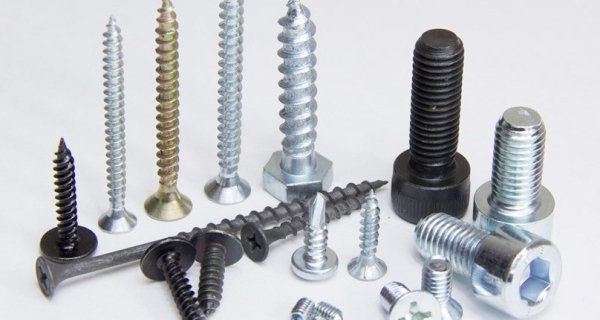The Essential Guide to Different Types of Fasteners
Ananka Fasteners is the leading high-quality Fasteners Manufacturer in India.
Posted 1 year ago in other, updated 1 year ago.
1. The Essential Guide to Different Types of Fasteners
Fasteners are indispensable components in various industries, holding everything from furniture to skyscrapers together. Understanding the different types of fasteners and their specific applications is crucial for selecting the right one for your project.
Ananka Fasteners is the leading high-quality Fasteners Manufacturer in India. Highest quality fasteners are supplied by us to several industries worldwide. A vast array of forms, sizes, and dimensions are available for fasteners. To accommodate specific customer needs, they can also be altered. Many various sectors, including engineering, construction, aerospace, automotive, and more, employ our fasteners. We are renowned for our goods' excellent quality, reliability, and durability. We are the top Fasteners Supplier in India.
1. Bolts
Description: Bolts are threaded fasteners with an external male thread. They are typically used with nuts to secure materials together.
Applications: Bolts are widely used in construction, machinery, and automotive industries. They are ideal for applications requiring a strong, durable hold.
Types:
Hex Bolts: Characterised by a hexagonal head, these are the most common type.
Carriage Bolts: Feature a rounded head and a square neck, preventing rotation during installation.
Lag Bolts: Heavy-duty bolts with a hex head, used in wood construction.
2. Screws
Description: Screws are similar to bolts but do not require a nut. They are threaded along the entire shaft or partially.
Applications: Screws are versatile and used in woodworking, metalworking, and plastic assembly.
Types:
Wood Screws: Designed for wood applications, featuring a coarse thread for a strong grip.
Machine Screws: Used with nuts or tapped holes, ideal for metal and plastic.
Self-Tapping Screws: Can create their own thread in materials like metal and plastic.
Deck Screws: Coated to resist corrosion, used in outdoor wood applications.
3. Nuts
Description: Nuts are internally threaded fasteners used in conjunction with bolts.
Applications: They are essential in a wide range of industries, from automotive to aerospace, where secure fastening is critical.
Types:
Hex Nuts: The most common type, used with hex bolts.
Lock Nuts: Designed to prevent loosening due to vibration.
Wing Nuts: Feature protruding wings for easy hand tightening.
4. Washers
Description: Washers are thin plates with a hole in the middle, used to distribute the load of a threaded fastener.
Applications: They are used in conjunction with screws, bolts, and nuts to prevent wear and provide a smooth surface.
Types:
Flat Washers: Distribute the load evenly, protecting surfaces.
Lock Washers: Prevent fasteners from loosening due to vibration.
Fender Washers: Have a larger outer diameter for increased load distribution.
5. Rivets
Description: Rivets are permanent fasteners consisting of a smooth cylindrical shaft with a head on one end. They are installed by deforming the tail end to hold materials together.
Applications: Rivets are used in aircraft, shipbuilding, and construction for their strong, permanent hold.
Types:
Solid Rivets: Provide the strongest hold, used in heavy-duty applications.
Blind Rivets: Can be installed from one side, ideal for hard-to-reach areas.
Pop Rivets: A type of blind rivet, easy to install with a rivet gun.
Choosing the Right Fastener
Material Considerations: Fasteners come in various materials, including steel, stainless steel, brass, and aluminium. The choice of material depends on the application environment. For example, stainless steel is ideal for corrosion resistance, while aluminum is lightweight.
Size and Thread Type: Ensure the fastener size and thread type match the requirements of your project. Using the wrong size or thread can result in weak joints or damage to the materials.
Environmental Factors: Consider environmental factors such as exposure to moisture, chemicals, or extreme temperatures. Fasteners with appropriate coatings or made from specific materials can resist these conditions better.
Strength and Load Requirements: Evaluate the load requirements and select fasteners that can handle the stress and strain of the application. High-strength fasteners, such as Grade 8 bolts, are suitable for demanding applications.
Understanding the different types of fasteners and their specific applications is crucial for ensuring the success and durability of your projects. We can provide a broad variety of Stainless Steel Fasteners. These are employed in instruments, heat exchangers, and other applications as a result of our substantial industry experience in sourcing, producing, and exporting. For delicate purposes, they are also used in hostile settings. We are the top Fasteners Manufacturer.








